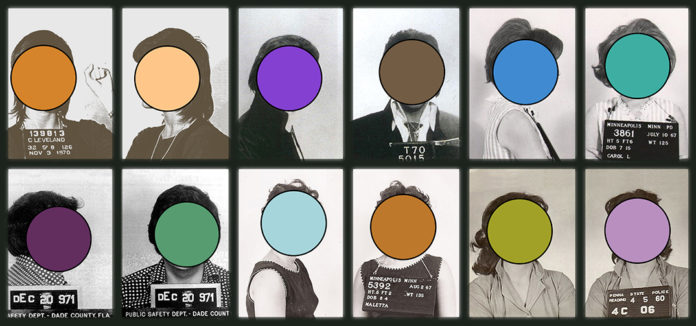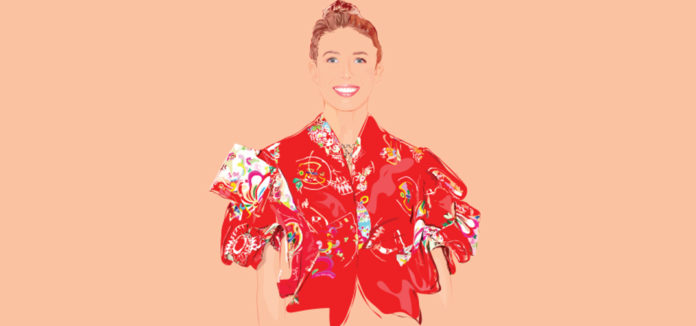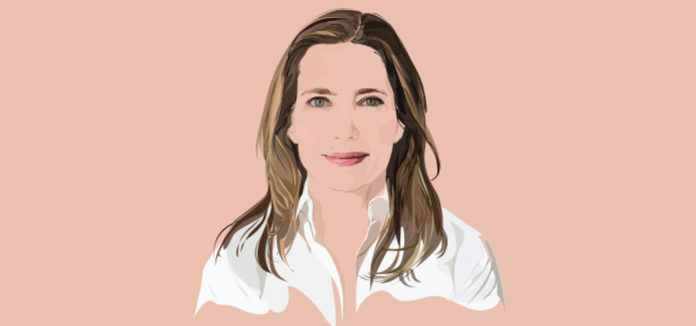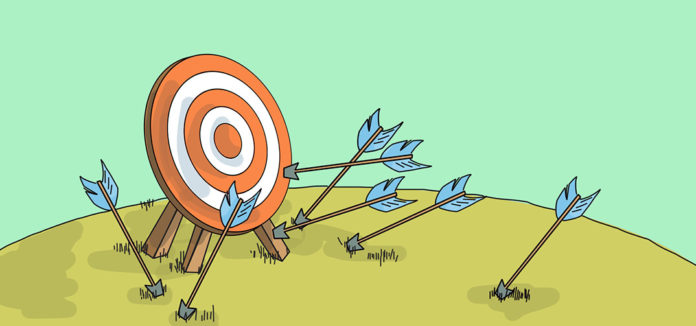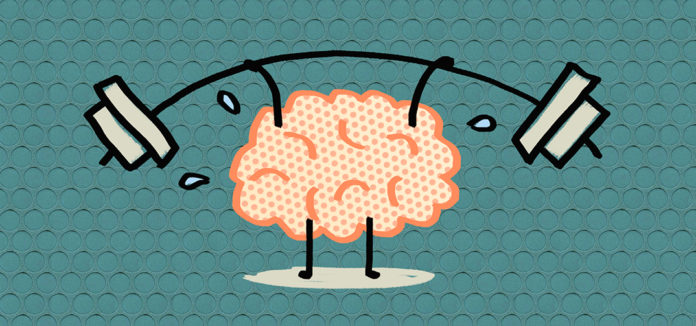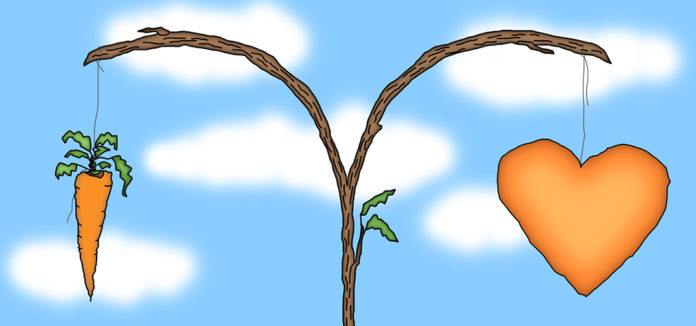Who cares about what other people think? Despite the contemporary mantra that it doesn’t matter, most of us care a great deal about how others see us. People will go to extraordinary lengths to protect their reputation. In fact, many are willing to sacrifice life and limb to save face.
In a survey, 40 percent of respondents said they would choose a year in jail and a clean reputation over no jail time and a criminal reputation. In another, over half said they would rather die than have a lifetime reputation as a child molester. Seventy percent said they would rather lose a hand than be thought of as a Nazi sympathizer. Of note, these surveys were conducted online and were, by definition, hypothetical.
Do the findings hold up in the real world? To find out, researchers asked volunteer college students to take a test that assesses racism. The researchers gave a number of the students falsely high scores and then presented them with a choice—either an email with the results of the racism test would be sent out to the campus at large or they could submerge their hand in a bucket filled with disgusting writhing worms. Thirty percent chose the worms (think Survivor). Over 60% held their hands in ice cold water to prevent the incriminating email from being sent out. As you can imagine, many of the students doubted the email threat, so it is likely that the number would have been much higher if the students truly believed their reputations were at risk.
Why does reputation matter so much? The answer lies beyond the individual. If you have a reputation as a cheat, nobody wants to do business with you. If you have a reputation as a liar, nobody trusts you. Our very existence and survival depends on being accepted by the communities in which we live. No wonder blackmailers manage to extort exorbitant sums from their victims. Over time, a tarnished reputation may be repaired, but, as Joseph Hall observed, the damage is rarely forgotten:
“A reputation once broken may possibly be repaired, but the world will always keep their eyes on the spot where the crack was.”
For the most part, the desire to maintain a good reputation promotes moral behavior. But it’s a double-edged sword. The threat of exposure or losing one’s honor can take a dark turn and lead to immoral behavior.
Even children are not immune to the pressure to maintain a certain reputation. As a recent study demonstrates, children who were praised for being smart ( i.e. “You are so smart!”) were more likely to cheat than children who were praised for their performance on a specific task (i.e. “You did very well this time.”).
Professor Li Zhao of Hangzhou Normal University in China, explains that if children are told they are smart, they feel pressure to live up to these expectations and are willing to cheat in order to maintain a reputation for being smart. Instead of complementing your child’s brilliance, comment on the behavior instead. They are more likely to repeat it.
It is important to point out that there is a different between reputation and character. As Abraham Lincoln observed, “Character is like a tree and reputation its shadow. The shadow is what we think it is and the tree is the real thing.”
Yes, character is the real thing. Never sacrifice your character in an attempt to save your reputation.
I wish you all the best,
Dr. Samantha Boardman

